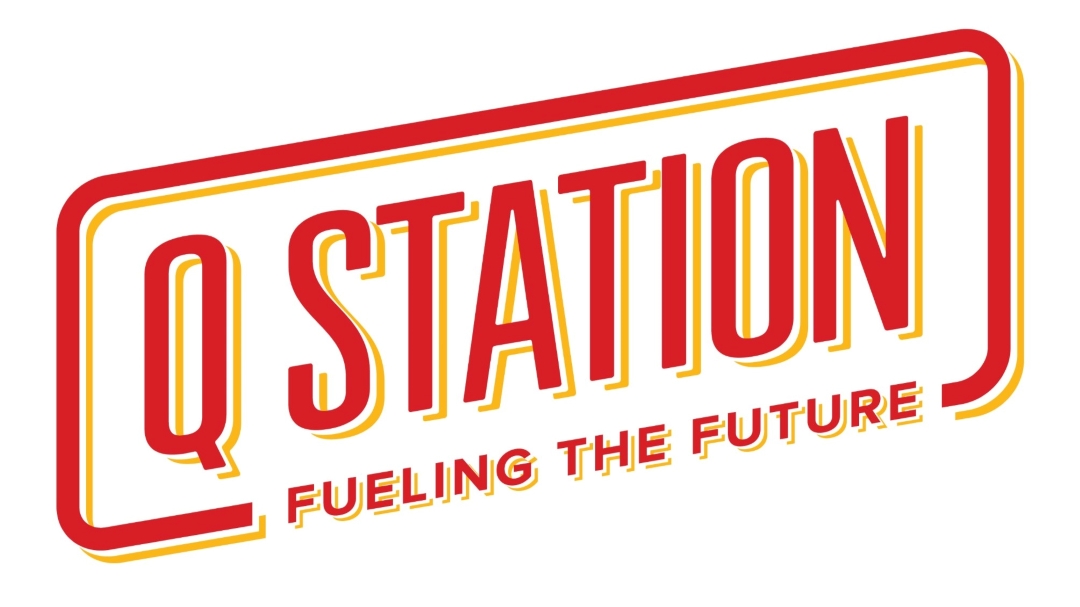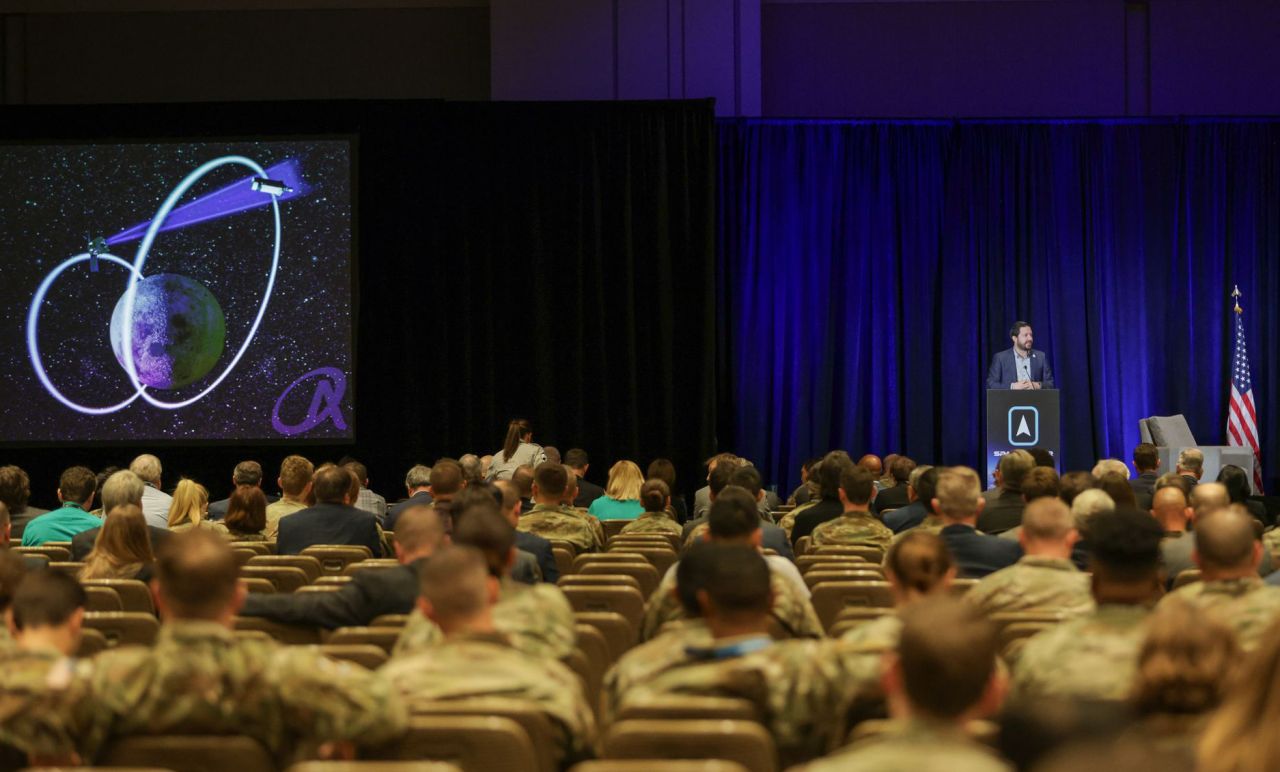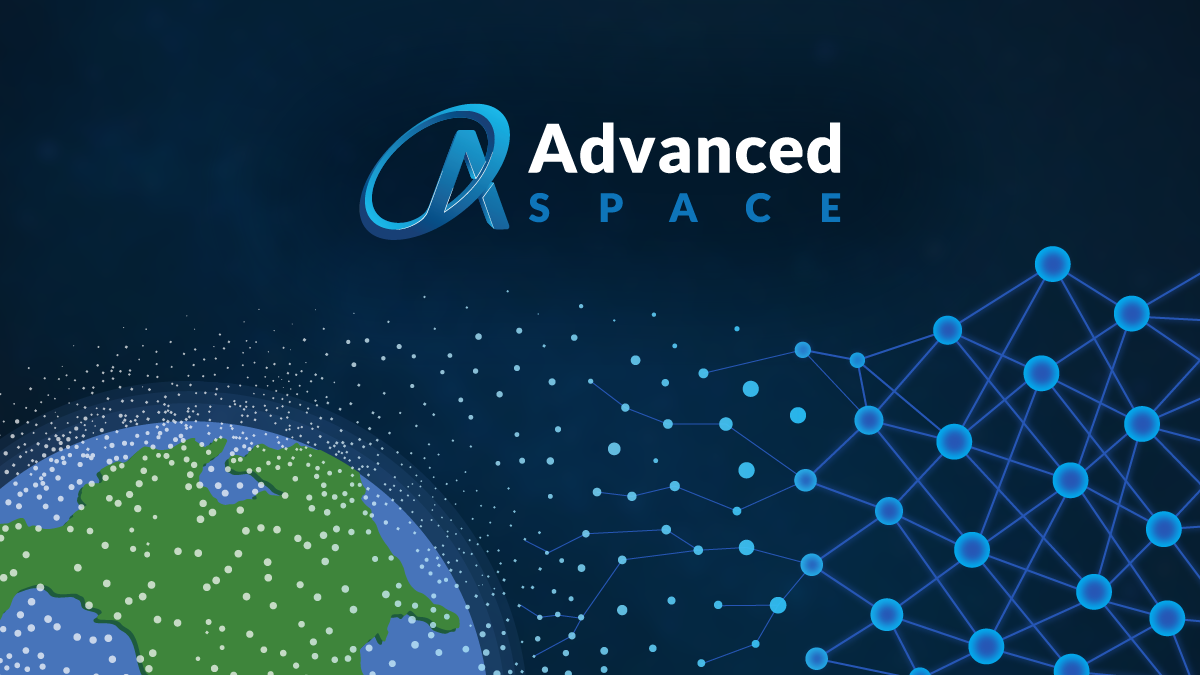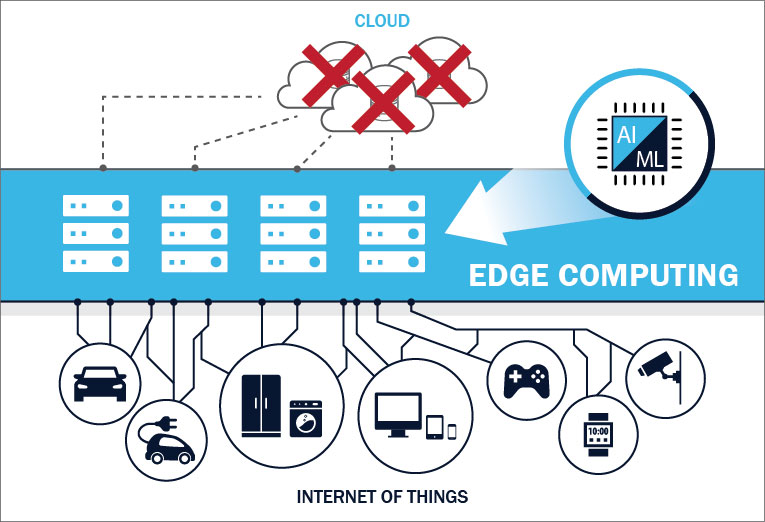What is Oracle?
Oracle is a satellite developed by the Air Force Research Laboratory to conduct experiments on space object detection and tracking in cislunar (XGEO) space. With renewed worldwide interest in lunar exploration, increased traffic to the Moon will require monitoring to ensure safety of flight and collision avoidance. In this domain, traditional assumptions used to catalog and predict satellite motion break down due to the Moon’s gravitational pull. AFRL has developed numerous techniques to improve tracking capabilities in XGEO, and has identified Earth-Moon Lagrange Point 1 (EML1) as a potentially important observation location. Oracle will operate near EML1 and experiment with techniques to both discover and maintain custody of objects in this region, such as active satellites, rocket bodies, orbital debris, or natural objects. This mission will allow AFRL to assess strengths and weaknesses of sensors, processing algorithms, and navigation techniques needed for future operational systems.
AFRL
Air Force Research Laboratory’s (AFRL) Space Vehicles Directorate, as part of a collaborative effort with AFRL’s Transformational Capabilities Office, awarded the Oracle contract to Advanced Space and is overseeing the program. AFRL will develop and deploy novel on-board image processing and new navigation techniques needed to accommodate the large distances between the Earth and Oracle’s planned operational area. The data collected will then be fed into orbit determination software on the ground that AFRL is developing.
Advanced Space
Advanced Space is the prime contractor for Oracle, and is designing the mission approach, along with advanced navigation, tracking, and communication solutions for this challenging mission.
Key Partners
General Atomics Electromagnetic Systems (GA-EMS): GA-EMS is providing their GA-500 class of satellite which will be leveraged for Oracle, and is also to be used by the U.S. Space Force for the EO/IR Weather System (EWS).
Leidos: The Leidos team will be developing the mission payload and has a long history of delivering high performance space sensor optical payloads for AFRL and the Missile Defense Agency (MDA), among others.
NSTXL & SpEC: This award has been made through the Space Enterprise Consortium (SpEC), managed by National Security Technology Accelerator (NSTXL), using their Other Transaction Agreement (OTA) authority. This procurement vehicle increases the government’s ability to capitalize on innovative and non-traditional solutions to challenging and time-sensitive problems.


AFRL
Air Force Research Laboratory’s (AFRL) Space Vehicles Directorate, as part of a collaborative effort with AFRL’s Transformational Capabilities Office, awarded the Oracle contract to Advanced Space and is overseeing the program. AFRL will develop and deploy novel on-board image processing and new navigation techniques needed to accommodate the large distances between the Earth and Oracle’s planned operational area. The data collected will then be fed into orbit determination software on the ground that AFRL is developing.
Advanced Space
Advanced Space is the prime contractor for Oracle, and is designing the mission approach, along with advanced navigation, tracking, and communication solutions for this challenging mission.
Key Partners
General Atomics Electromagnetic Systems (GA-EMS): GA-EMS is providing their GA-500 class of satellite which will be leveraged for Oracle, and is also to be used by the U.S. Space Force for the EO/IR Weather System (EWS).
Leidos: The Leidos team will be developing the mission payload and has a long history of delivering high performance space sensor optical payloads for AFRL and the Missile Defense Agency (MDA), among others.
NSTXL & SpEC: This award has been made through the Space Enterprise Consortium (SpEC), managed by National Security Technology Accelerator (NSTXL), using their Other Transaction Agreement (OTA) authority. This procurement vehicle increases the government’s ability to capitalize on innovative and non-traditional solutions to challenging and time-sensitive problems.
Frequently Asked Questions
Why is Oracle important?
The world is experiencing a resurgence of interest in the Moon. NASA plans to establish a permanent presence at the Moon and return humans to its surface this decade; commercial companies are pursuing lunar resources; the European Space Agency and numerous individual nations are exploring lunar orbiters or bases. It is critical that these endeavors are supported by robust awareness to ensure a safe operating environment. Today US Space Commands provides such data to the world via space-track.org, but its capabilities are optimized for GEO and below. Oracle will be a capstone demonstration on years of research on how to best provide this data for XGEO.
What are the goals?
Oracle will demonstrate core technologies to detect and track objects in cislunar space, including demonstration of sufficient position knowledge, advanced sensing and processing for cataloguing and custody of objects in cislunar space, successful follow-up detection of objects in the catalogue.
How long will it take?
Oracle is working towards an aggressive schedule for a satellite of this size and demanding technical requirements, with an anticipated 2026 launch, and 2 years of on-orbit experimentation.
Frequently Asked Questions
Why is Oracle important?
The world is experiencing a resurgence of interest in the Moon. NASA plans to establish a permanent presence at the Moon and return humans to its surface this decade; commercial companies are pursuing lunar resources; the European Space Agency and numerous individual nations are exploring lunar orbiters or bases. It is critical that these endeavors are supported by robust awareness to ensure a safe operating environment. Today US Space Commands provides such data to the world via space-track.org, but its capabilities are optimized for GEO and below. Oracle will be a capstone demonstration on years of research on how to best provide this data for XGEO.
What are the goals?
Oracle will demonstrate core technologies to detect and track objects in cislunar space, including demonstration of sufficient position knowledge, advanced sensing and processing for cataloguing and custody of objects in cislunar space, successful follow-up detection of objects in the catalogue.
How long will it take?
Oracle is working towards an aggressive schedule for a satellite of this size and demanding technical requirements, with an anticipated 2026 launch, and 2 years of on-orbit experimentation.




